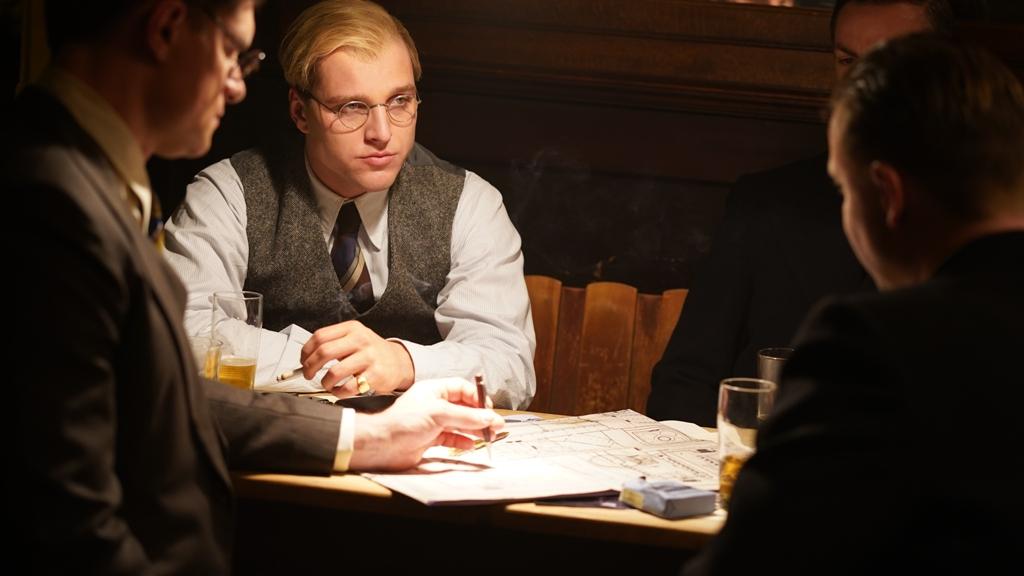PG-13 | 2h 12m | Drama, Biography, History | 2024
In just over two years, the upstart Angel Studios accomplished what the like-minded Hallmark Media couldn’t do in nearly 75 years. Angel took an overlooked and often derided genre (faith and family) that was strictly relegated to home video and broke into the highly competitive theatrical feature market.






